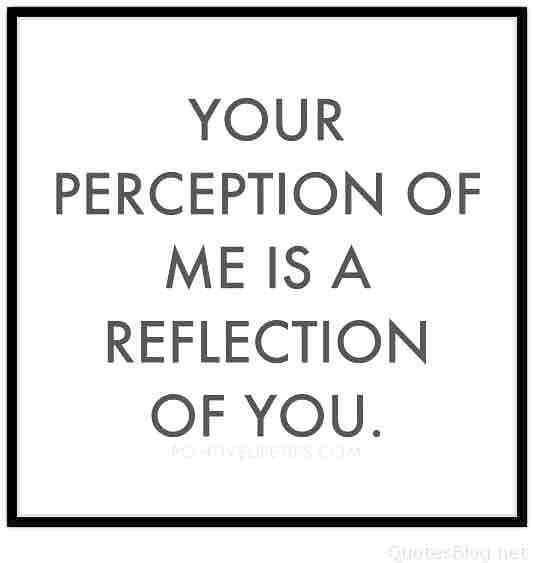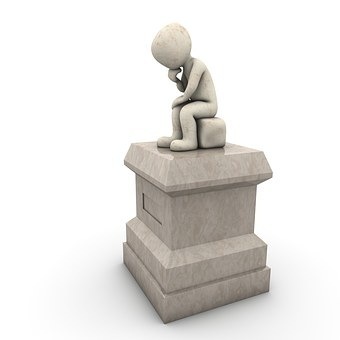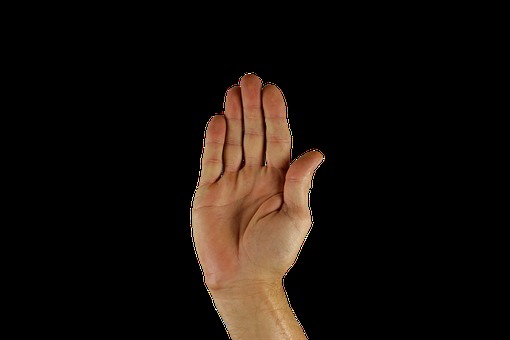So where are you from? - a NZ perspective
I have just read an interesting article on Huffington Post about the experiences of an American of Asian descent. People keep asking him where he is ‘really from’, even though he was born in Detroit. He rightly points out that this isn’t asked from the Pakeha (white) Americans.
No doubt this is also true in New Zealand.
This got me thinking…it’s inconsistent and it must also be very frustrating but I also find the reverse also inconsistent and frustrating.
Let me explain how I see this as more complex than you may think at first glance.
I was born in New Zealand and have only ever lived here. This is my home and I love this country, I simply couldn’t imagine living anywhere else. We concentrate on ethnicity so much that I’m not seen as a New Zealander, rather a NZ European. I am not European and never will be. I am proud of my heritage but I am a New Zealander. People don’t ask the question about where I’m really from – they’re happy to just lump me into the NZ European grouping. The same would probably apply if I was born elsewhere because I’m Pakeha. At least if they asked, I could tell them.
On the other hand…
In some situations it can be important for people and/or organisations to actually ask someone’s heritage. For example if someone immigrated while young, they may see themselves as American however the traditions and events celebrated by the family may reflect their heritage. ‘Asian’ is a large and diverse group, knowing some Korean celebrations won’t assist with those from Japan. In my case we still celebrate Christmas in a very English way, I have no idea how the French traditionally celebrate.
An even better example of this complexity is someone of Maori descent who was born in Australia as were their parents. Where are they from? Very much born and bred in Australia but also likely to be aware of their whakapapa. In conversation, would they be expected to say the town they were born in or where their iwi is from? In a pub with mates, no doubt the birth town would be expected – but what if the mate was also of Maori descent? Would the same query be applicable in America if both people were of Asian descent?
How far back do you go to say where you are really from? The American writer is, for me, absolutely correct but with a proviso – heritage is important and in some cases, it pays to ask.
Us people are a funny lot.

"
Articles from David Slone
View blog
Collaboration is a term that is bandied about a lot these days but its meaning has been clouded, qui ...

I found myself musing business ‘purpose’ this morning. Being awake at 3:oo am leads to some interest ...

While only a brief mention here on our television news, the football team San Diego Loyal’s move to ...
Related professionals
You may be interested in these jobs
-

Radiologist – New Zealand
Found in: beBee S2 NZ - 1 day ago
GLOBAL MEDICAL STAFFING New Zealand Full timeMonday through Friday; 40 hours per weekWork-life balanceNorth Island, NZMalpractice coveredWill consider 6 to 12 month assignmentPurpose, vision, valuesNo overnight callDescriptionWe are seeking suitably qualified consultant radiologists to join our dynamic radiology team and to ...
-

Resource Management Planner
Found in: JobGet AU C2 - 1 day ago
Selwyn District Council Auckland, New ZealandSee more about the role below, including the responsibilities and skills we are looking for. · Resource Management Planner · Permanent and Fixed Term Opportunities Available · Rolleston, New Zealand · Reference: · Permanent and an 8month fixed term opportunities available. · Abo ...
-

Executive Assistant
Found in: JobGet AU C2 - 4 days ago
CyberCX Pty Ltd Auckland, New ZealandJoin Australia's greatest force of cyber security professionals · Australia - Hybrid - Any CyberCX HQ City · Full Time Permanent · You will support the management and delivery of the Academy program, including recruitment, orientation and onboardin... · You will provide executive ...
Comments
David Slone
6 years ago #2
Thanks for the comment Tricia. Whakapapa is an interesting concept and one that I'm so jealous doesn't apply to my culture. It does describe where you have come from but it's more than a location. It actually relates to your ancestors which in turn provides a location, tribe and family. This is a very 'light' explanation. What I love is the fact that it also aims to provide a connection to the person you're speaking to. Maybe because we're a small country (size and population), we see this often in New Zealand but the reality is that the Maori do this so very well.
Dean Owen
7 years ago #1